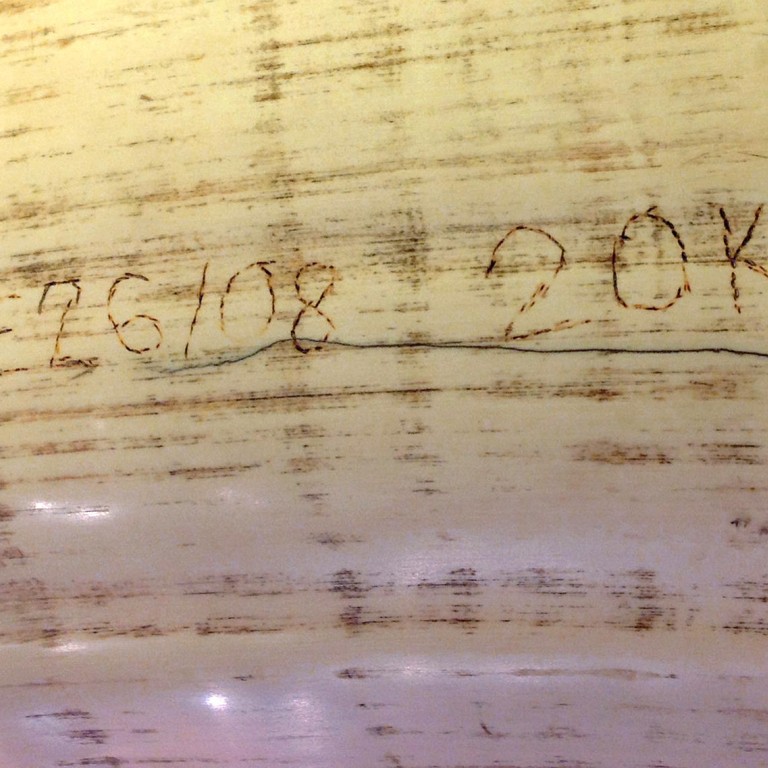
Ivory prices in Hong Kong stores rise 50-fold in a decade
Buyers are 'investing' amid fears legal trade is driving market for poached and smuggled tusks
The price of elephant tusks in Hong Kong has shot up by more than fiftyfold in the past decade, raising concerns that the legal trade is fuelling demand for poached ivory and driving some African elephant populations towards extinction.

In 2002, a major report on the ivory trade found that a 78kg pair of elephant tusks could be bought in Hong Kong for just HK$250,000 - less than one fiftieth of the price of the smaller pair of tusks on sale at the mainland-owned Wan Chai store.
The sky-high ivory price compares with an average HK$1,220 per kilogram fetched when 102 tonnes of stockpiled ivory was controversially sold to China and Japan by four African countries in 2008. That sale - approved by CITES (the Convention on International Trade in Endangered Species of Wild Fauna and Flora) - was the last legal sale of an ivory stockpile globally after a worldwide ban was imposed in 1989.
Hong Kong shops need government-issued licences to sell certain types of ivory, including products carved before the 1989 ban, ivory from the tusks of extinct mammoths, and ivory bought from government stockpile sales in southern Africa.
Staff at branches of Chinese Arts and Crafts said buyers were snapping up ivory not only for display but as an investment, as its value was rising at a rate of 20 per cent a year. "There is no more ivory, so the price is going up and up," said a saleswoman at the Pacific Place branch of the chain, where a 116cm antique tusk is on sale for HK$1.9 million.
Grace Ge Gabriel, Asia regional director for the International Fund for Animal Welfare, said the legal ivory trade in Hong Kong was exacerbating the illegal trade in poached and smuggled ivory.
"The legal ivory trade not only provides cover for smuggled ivory to be laundered. It also gives consumers the impression that buying ivory is OK and stimulates more people's desire to buy," she said. "Moreover, compared with the astronomical price of ivory in China … the price one pays to buy ivory in Africa is so much cheaper. If one smuggles ivory into China and sells it under the cover of the legal market, the profit margin could be very high."
CITES spokesman Juan Carlos Vasquez said the organisation was concerned about the illegal trade in ivory and other wildlife products between Hong Kong and the mainland, noting that Shenzhen customs officers made "more CITES-related seizures than anywhere else in China".
Agriculture Fisheries and Conservation Department records logged with CITES indicate tusks on sale in Chinese Arts and Crafts are pre-ban ivory legally imported from Germany in 2008.
Ivory prices on the mainland are rising faster than in Hong Kong, at about 50 per cent a year. There is a huge illicit online trade using code words like "elephant teeth" or "white plastic" to circumvent a ban on internet sales.
Joe Huang, of the Wildlife Conservation Society, which carried out an investigation into the ivory trade in China, said: "People in China are becoming more educated about wildlife conservation … [But] today, millions of people in China can afford to buy it, and this is the problem."

